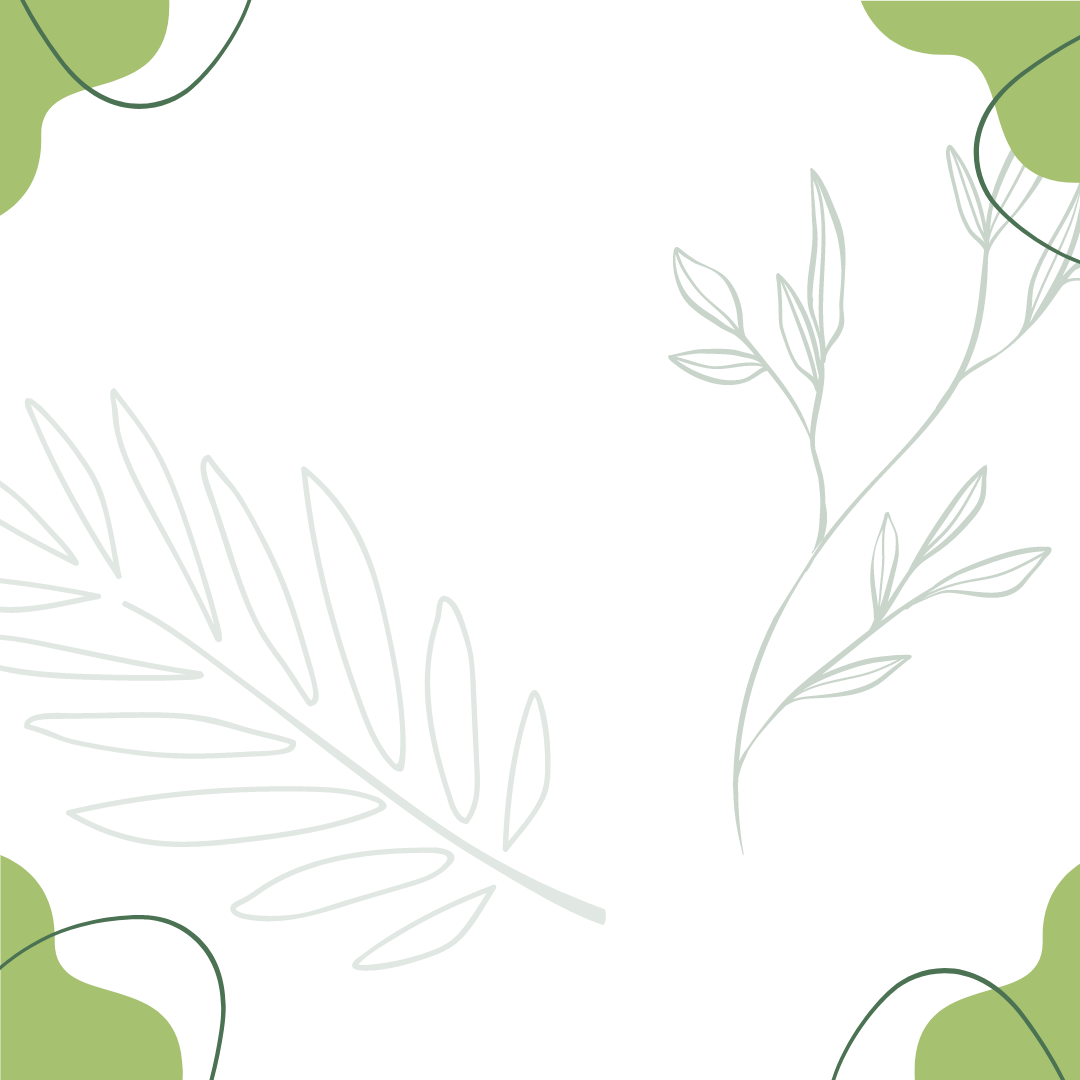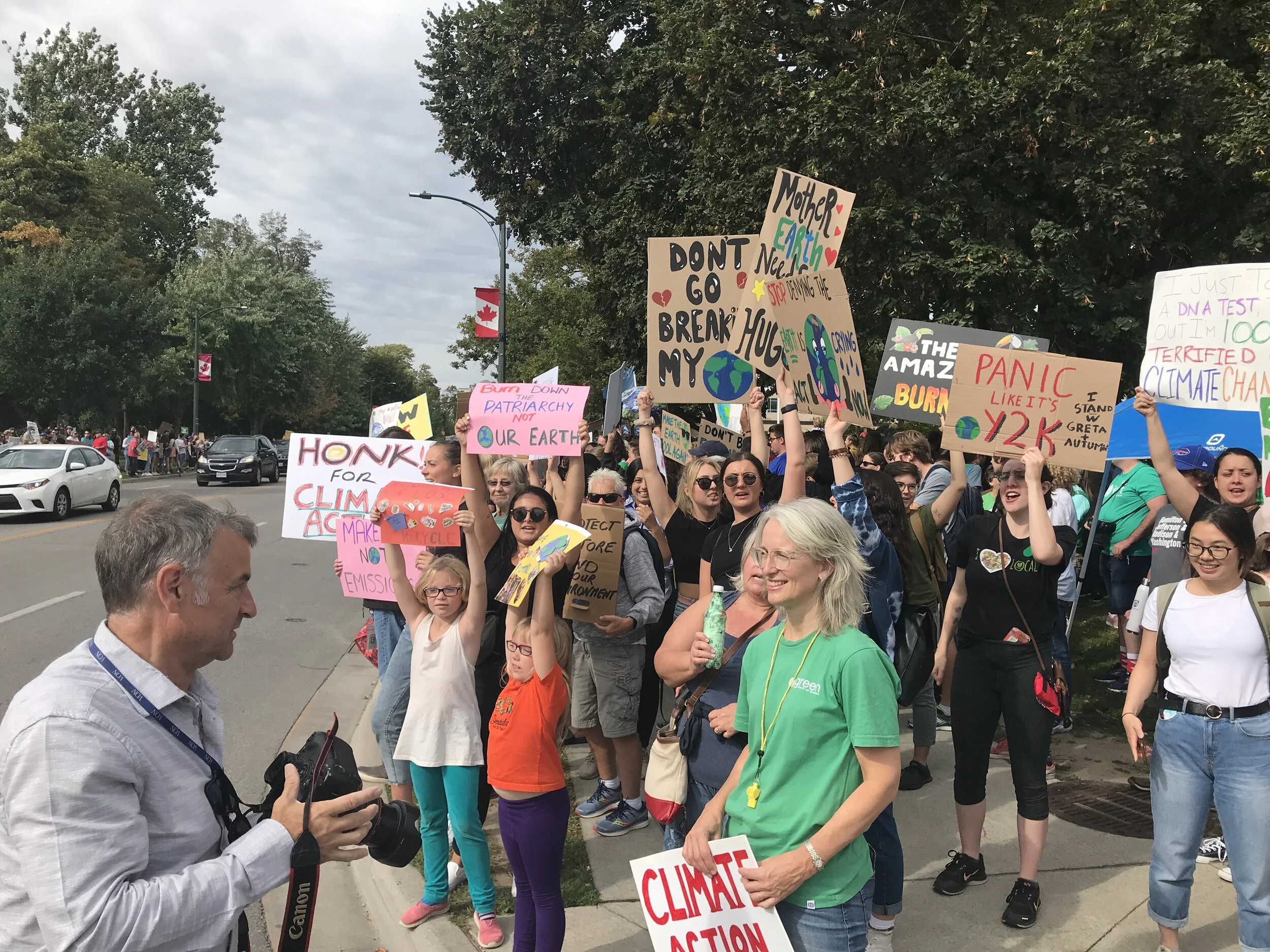

How Can We Help You Engage In The Climate Emergency?




The National Climate League Standings 2022 are out! Check out how London compares to other cities.

Land Acknowledgement
We acknowledge that we live, work and play on the traditional lands of the Anishnasbeg who are the Chippewas of the Thames First Nation; and the Neutral or Attawandron First Nation who were a tribal confederation of Iroquoian peoples until about the 1650s. The largest group identified as the Chonnonton. And to the First Nations that settled here in the 1800s: The Oneida First Nation of the Thames, also known as Haudenosaunee, made this area their home in 1840 as part of the Six Nations Iroquois Confederacy; and The Nalahii Lunaapewaak known as the Munsee-Delaware- First Nation.
We have deep appreciation for the care these people have taken of this land and for all the living and non-living beings that dwell here. We appreciate the deep-seated knowledge these peoples have always been willing to share even though we, as settlers, may not have always been willing to listen. May our discussions, reflections and actions draw us closer in reconciliation for past actions.















